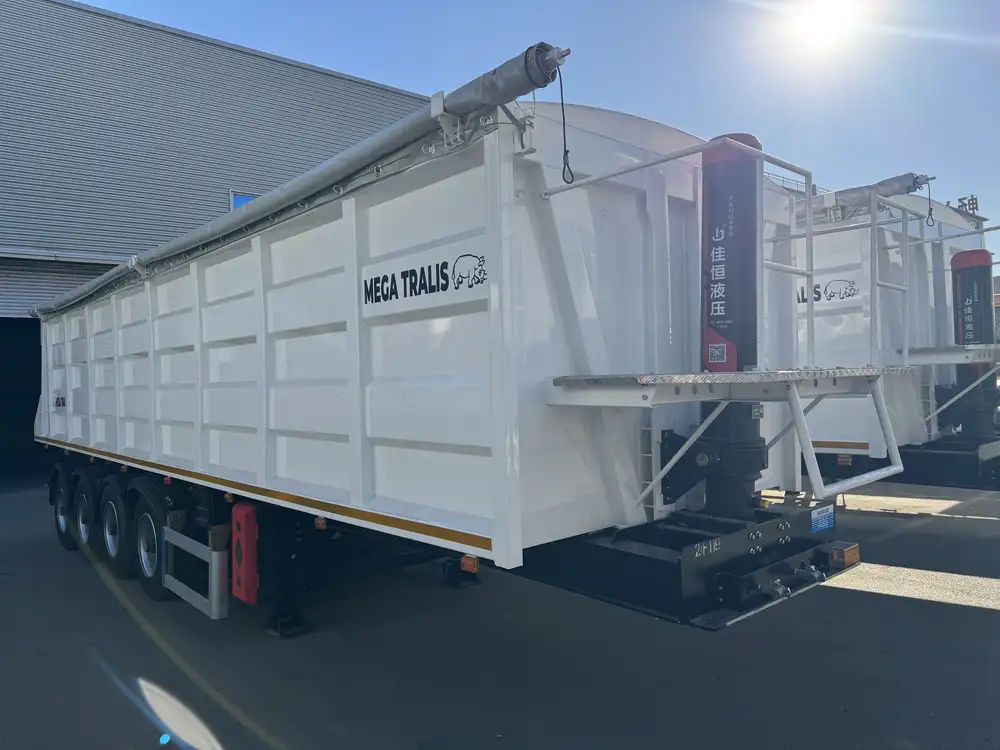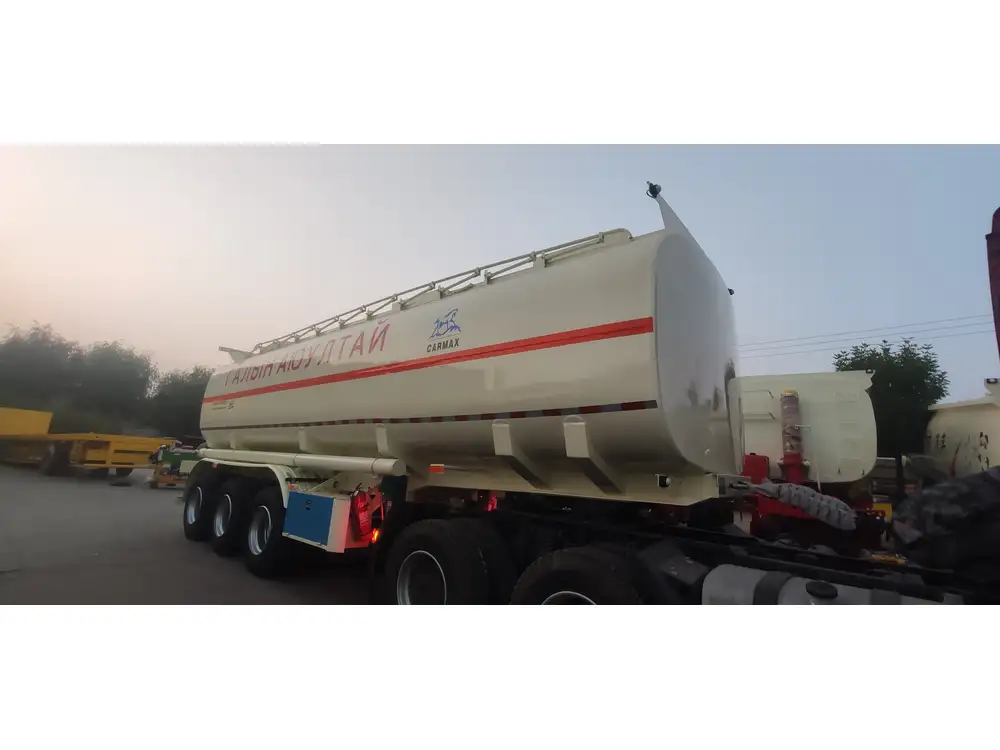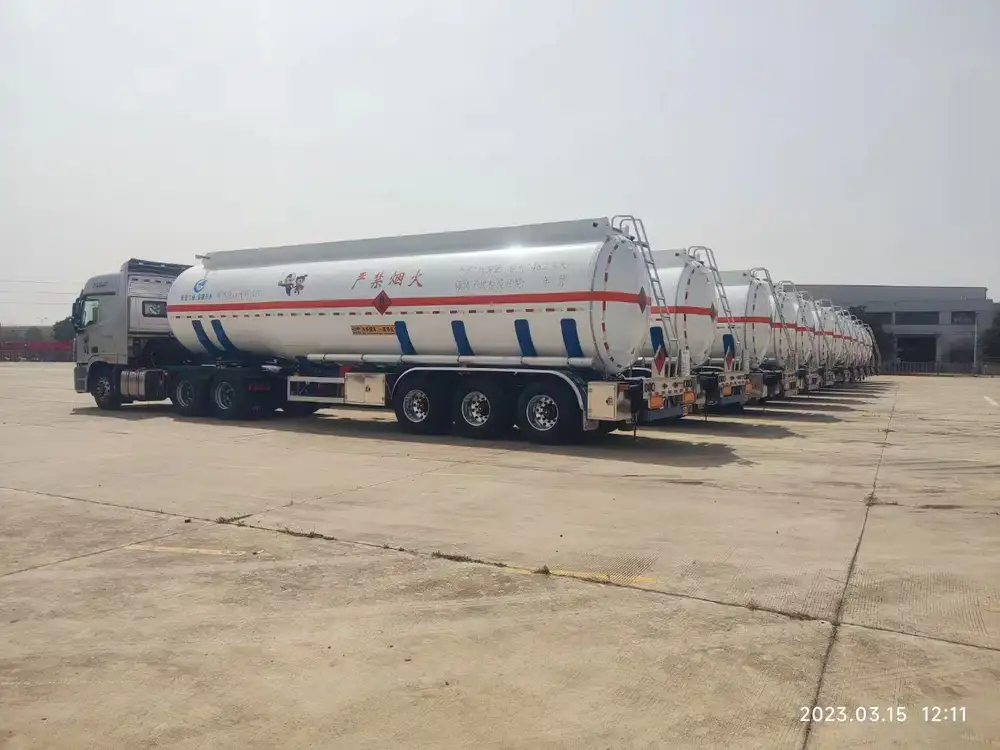Dump bed trailers are indispensable tools in construction and transport industries, providing unparalleled efficiency and strength. However, one of the more frustrating issues that can arise is the frequent blowing of fuses. This problem can lead to interruptions, costly repairs, and diminished productivity. Understanding how to prevent these fuses from blowing is essential for maintaining smooth operations. In this guide, we will delve into the root causes, preventive measures, and troubleshooting tips for effectively managing fuses in dump bed trailers.
Understanding the Basics of Dump Bed Trailers
Dump bed trailers are designed for heavy lifting and transporting bulk materials, making them vital in various applications such as landscaping, construction, and agricultural work. They operate using hydraulic systems, which require electrical components that must function seamlessly.
Key Components
- Hydraulic Pump: A critical player that raises and lowers the dump bed using hydraulic fluid.
- Electrical System: Powers the hydraulic pump, lights, and other accessories. It includes wiring, connections, and fuses.
- Battery: Supplies power to all electrical components. A weak or dead battery can cause fuses to blow.
- Fuses: Protect the electrical system from overload. Each component typically has its own fuse that can blow if an issue arises.

Common Causes of Blowing Fuses
Understanding the common culprits behind fuse failures can aid in preventative measures. Here are some prevalent reasons why fuses might blow in dump bed trailers:
1. Overloading the Trailer
Impact: When the load exceeds the trailer’s weight capacity, the hydraulic system has to work harder, which can lead to increased resistance and subsequent fuse failure.
| Load Capacity | Potential Fuse Rating |
|---|---|
| 5,000 lbs | 20A |
| 10,000 lbs | 30A |
| 15,000 lbs | 40A |
Prevention: Always check the load before operating the trailer. Use scales to ensure compliance with weight restrictions.
2. Short Circuits
Impact: Damaged wiring, connections exposed to moisture, or frayed cables can create a short circuit that draws excessive current, leading to blown fuses.
Prevention: Regularly inspect wires for signs of damage, and ensure all connections are secure and weather-proof.

3. Faulty Components
Impact: Malfunctioning components, such as the hydraulic pump or solenoid, can cause a spike in current.
Prevention: Perform routine maintenance on all electrical components, replacing any items that show signs of wear or damage.
4. Inappropriate Fuse Size
Impact: Using fuses that are too small for the application can lead to frequent blowouts, as the circuit will trip at lower current levels.
| Common Fuse Ratings for Dump Bed Trailers | Ideal Application |
|---|---|
| 15A | Small hydraulic systems or lighter loads |
| 20A | Mid-range applications with occasional overloads |
| 30A | Heavy usage and higher capacity loads |
Prevention: Consult the trailer’s specifications to determine the correct fuse ratings, ensuring compatibility with your system’s demands.
5. Poor Ground Connections
Impact: Faulty ground connections can lead to voltage fluctuations and may increase the load on fuses.
Prevention: Regularly inspect and clean the ground connections to ensure a solid connection, preventing voltage drops.

Preventive Maintenance Practices
Engaging in preventive maintenance is pivotal for reducing the risk of blown fuses. Here are some key practices to implement:
Regular Inspections
- Wiring Checks: Look for fraying, corrosion, or exposed wires, particularly in areas prone to movement.
- Hydraulic Fluid Levels: Low levels can lead to system strain; maintain appropriate levels.
- Battery Condition: Test the battery and connections to ensure they are in good condition.
Periodic Component Testing
- Fuses: Replace old or weak fuses even if they have not blown yet to preempt possible issues.
- Electrical Connections: Ensure connections are tight and free of corrosion.

Load Management
- Weight Distribution: Make sure loads are evenly distributed. Uneven weight can place undue stress on hydraulic systems.
- Be Mindful of Load Capacities: Always operate within the trailer’s specifications to extend the life of its components.
Troubleshooting Blown Fuses
Despite the best preventive measures, issues may still arise. Here is a structured approach to troubleshooting blown fuses:
Step 1: Identify the Problematic Component
- Check the trailer’s manual to determine which component relates to the blown fuse.
- Test all electrical components connected to that fuse to isolate the issue.

Step 2: Inspect the Wiring
- Trace the wiring back from the components to the fuse box; look for signs of wear or damage.
- Use a multimeter to test for continuity. If continuity is broken, that section of the wiring needs to be repaired or replaced.
Step 3: Evaluate Load Capacity
- Ensure that the load does not exceed the trailer’s rated capacity. Overloading is a common cause for blowing fuses.
- Remove excess weight and see if the problem persists.
Step 4: Check Connections
- Tighten any loose connections, as well as cleaning corrosion from terminals.
- Ensure ground connections are stable and clear of obstructions.

Step 5: Replace with Proper Fuse
- Ensure the replaced fuse matches the rated amperage specified in the manual.
- If the correct fuse continues to blow, deeper electrical issues may need diagnosing by a professional.
Conclusion
Blowing fuses in dump bed trailers can disrupt operations and impede progress if not addressed properly. By understanding the underlying causes and implementing strategic preventive measures, we can significantly reduce the risk of fuse failure. Regular maintenance, routine inspections, and careful load management play crucial roles in ensuring that your trailer operates efficiently. Additionally, if there are recurring issues that aren’t easily solvable with basic troubleshooting, consulting with a professional is highly advisable.
By adhering to this comprehensive guide, we hope to empower you with the knowledge necessary to maintain the integrity of your dump bed trailer’s electrical system, minimize downtime, and optimize productivity. Implementing these strategies will not only extend the lifespan of your equipment but also contribute to safer working conditions, ensuring that your operations run smoothly and efficiently.



